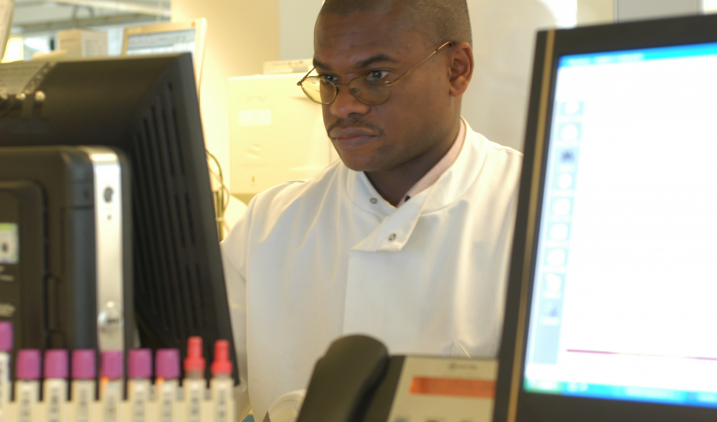Urodynamic science
Urodynamic science is the investigation of urinary-related difficulties.
As a healthcare scientist in urodynamic science, you’ll help to diagnose problems and plan the treatment of patients with urinary-related conditions.

Working life
You’ll use special equipment to record pressures, urine flows and muscle activity to diagnose problems and help plan the treatment of patients.
As a healthcare scientist working in urodynamic science, you’ll:
- prepare and use various highly technical, mechanical and electronic instruments and devices to measure various parameters
- produce interpretive reports on the range of tests undertaken, including the use of nomograms
Who will I work with?
You’re likely to work as part of a team that includes doctors specialising in genito-urinary medicine, specialist nurses and healthcare assistants.
Want to learn more?
- Find out more about the entry requirements, skills and interests required to enter a career in urodynamic science
- Find out more about the training you’ll receive for a career in urodynamic science